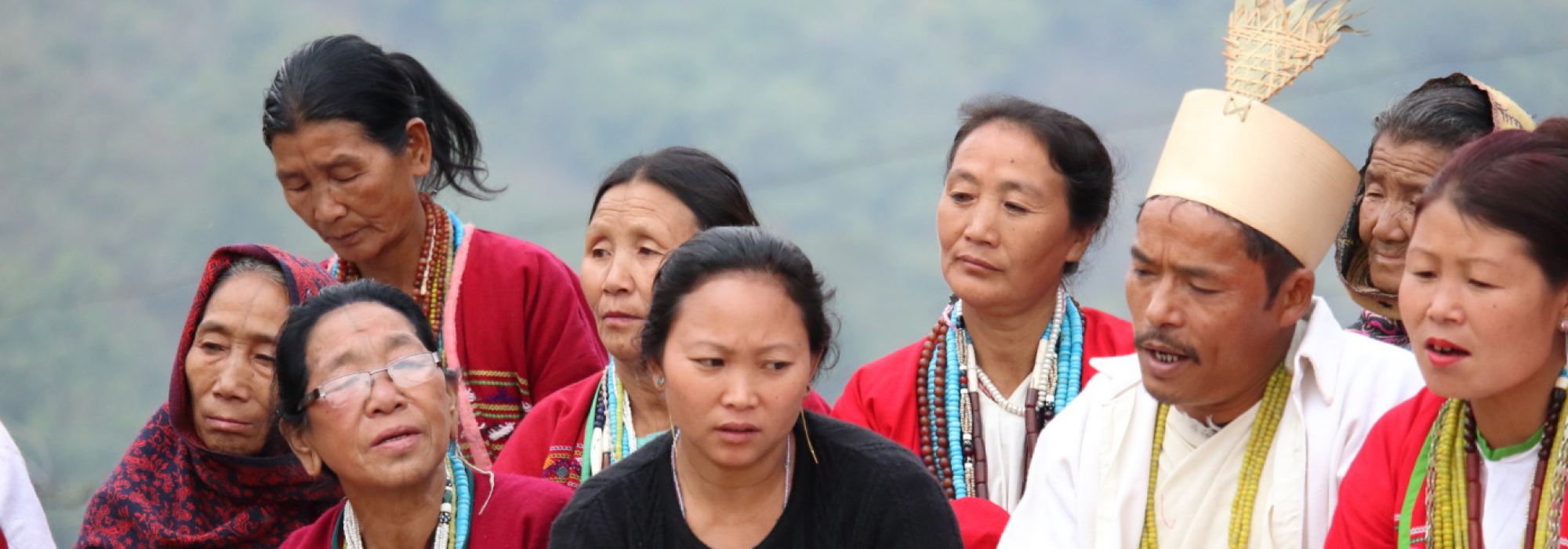
Project
Endangered Languages in North East India
Key Details
Topics:
Biodiversity
Environment
Inequality
Power
Social Justice
Transdisciplinary Research
Region:
Asia
The Institute is currently engaged in a project on the issue of language endangerment as an index of wider trends of globalisation, environmental pressures and cultural homogenisation. We are working in particular with partner organisation the North Eastern Institute of Language and Culture (NEILAC), a centre for research, documentation and revitalisation of endangered languages of North East India. The Director of NEILAC is Dr Vijay D'Souza SJ, 2024-25 LSRI Integral Ecology Visiting Fellow.

In the global context, currently 46% of the world’s languages are endangered. Most of the endangered languages are spoken by indigenous peoples. Loss of these languages will have catastrophic consequences, not only for the indigenous communities, but also for the environment and humanity as a whole. This is because indigenous languages serve as invaluable archives of Traditional Ecological Knowledge (TEK) and worldviews, capturing ways of life and ecological stewardship practices shaped by their socioecological landscapes. These unique knowledge systems and worldviews are irrevocably lost when indigenous languages are lost.
There are more than 200 indigenous languages in North East India, of which nearly 80% face various levels of endangerment. The project involves deep and localised study of North East Indian Indigenous languages and cultures in order to draw insights to address the global ecological crisis.
The project underscores the role of languages in fostering sustainable interactions among humans, other species, and the physical environment. It expands the scope of linguistic inquiry beyond human-centric models, and embraces a broader ecological vision where humans are seen as integral parts of the ecosystem, not merely its external, domineering controllers and beneficiaries. This inquiry, sometimes called ‘Ecolinguistics’, prompts us to explore how language can aid in addressing critical environmental issues, from biodiversity decline to climate change, by advancing ecological consciousness and action.
This collaborative research with NEILAC is dedicated to exploring this essential relationship between language, culture, and ecology, highlighting the profound insights embedded in indigenous languages and traditions, and advocating for the preservation of this biocultural diversity as a vital pillar for sustaining our planet’s future.
Resources and Events
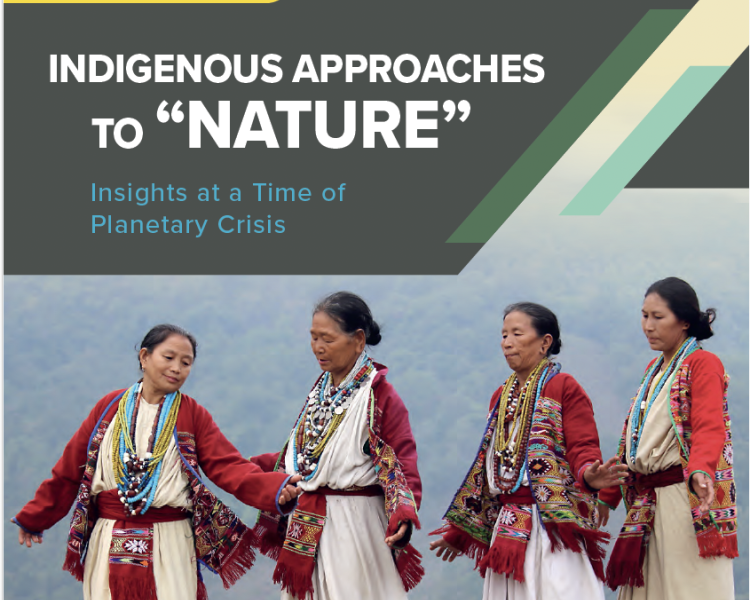
Indigenous Approaches to Nature: Insights at a Time of Planetary Crisis
Research Paper
|
25th July 2025
Discover More
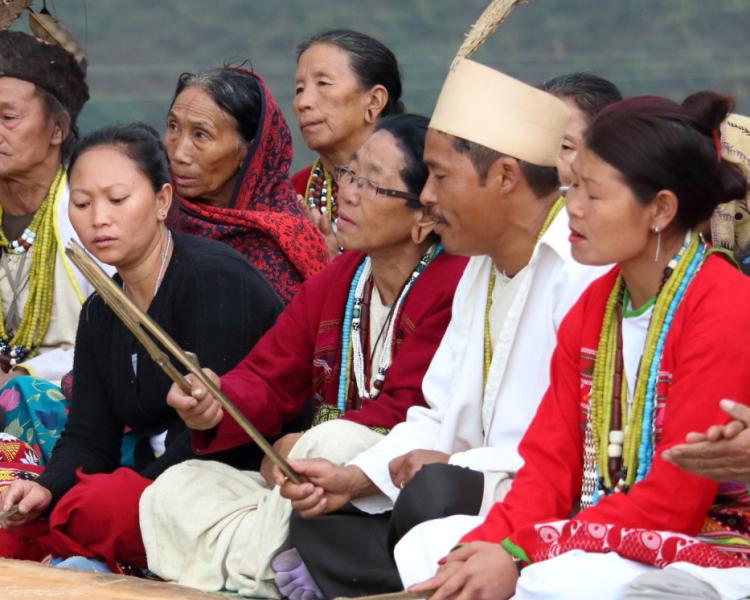
Indigenous approaches to “Nature”: Insights at a time of Planetary Crisis
Discover More

Theology and Integral Ecology Conference: Call for Papers
An invitation to submit papers at the conference
Discover More
Dialogue Series
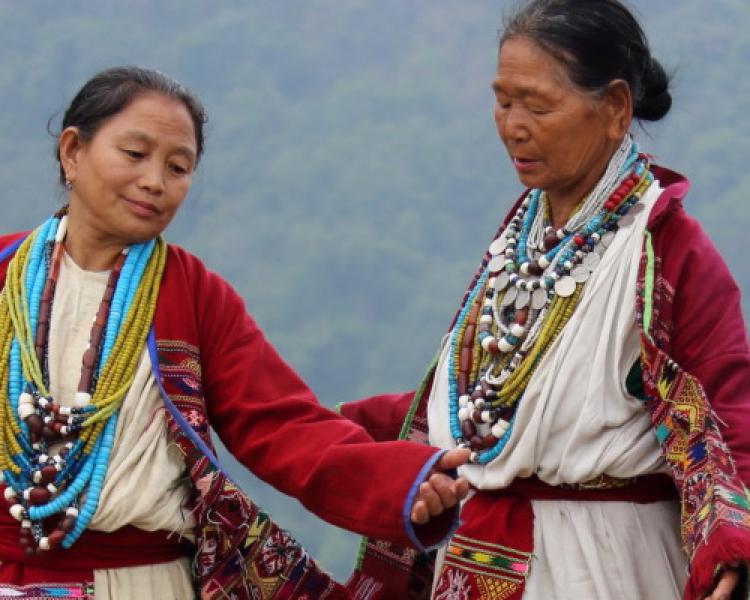
Transdisciplinary Dialogues Series: Endangered Tribal Languages in India (1)
Discover More
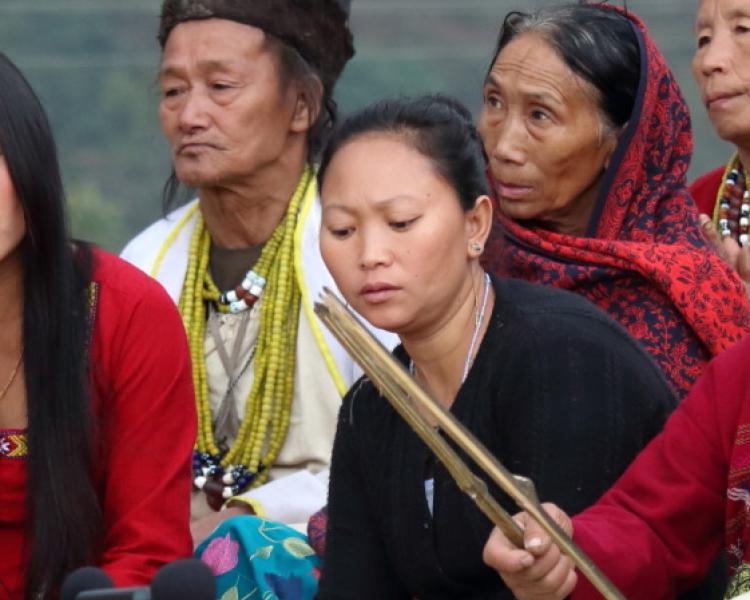
Transdisciplinary Dialogues Series: Endangered Tribal Languages in India (2)
Discover More
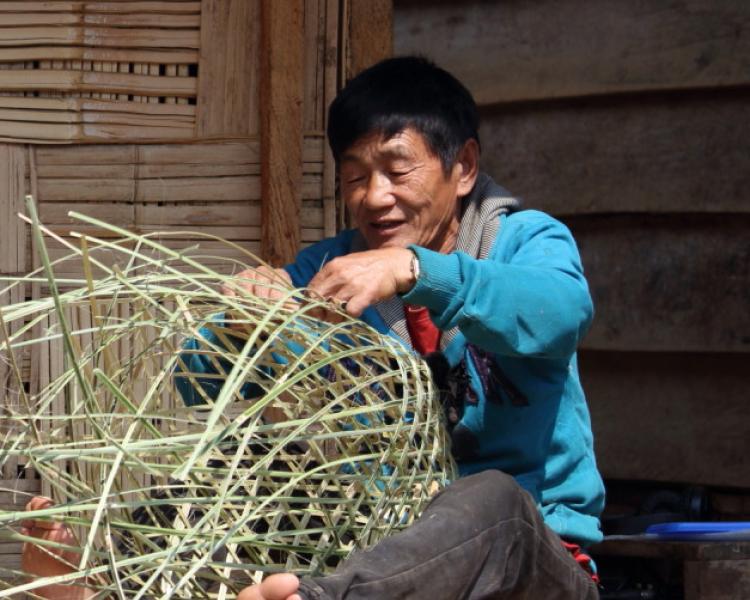
Transdisciplinary Dialogues Series: Endangered Tribal Languages in India (3)
Discover More

Transdisciplinary Dialogues Series: Endangered Tribal Languages in India (4)
Discover More

